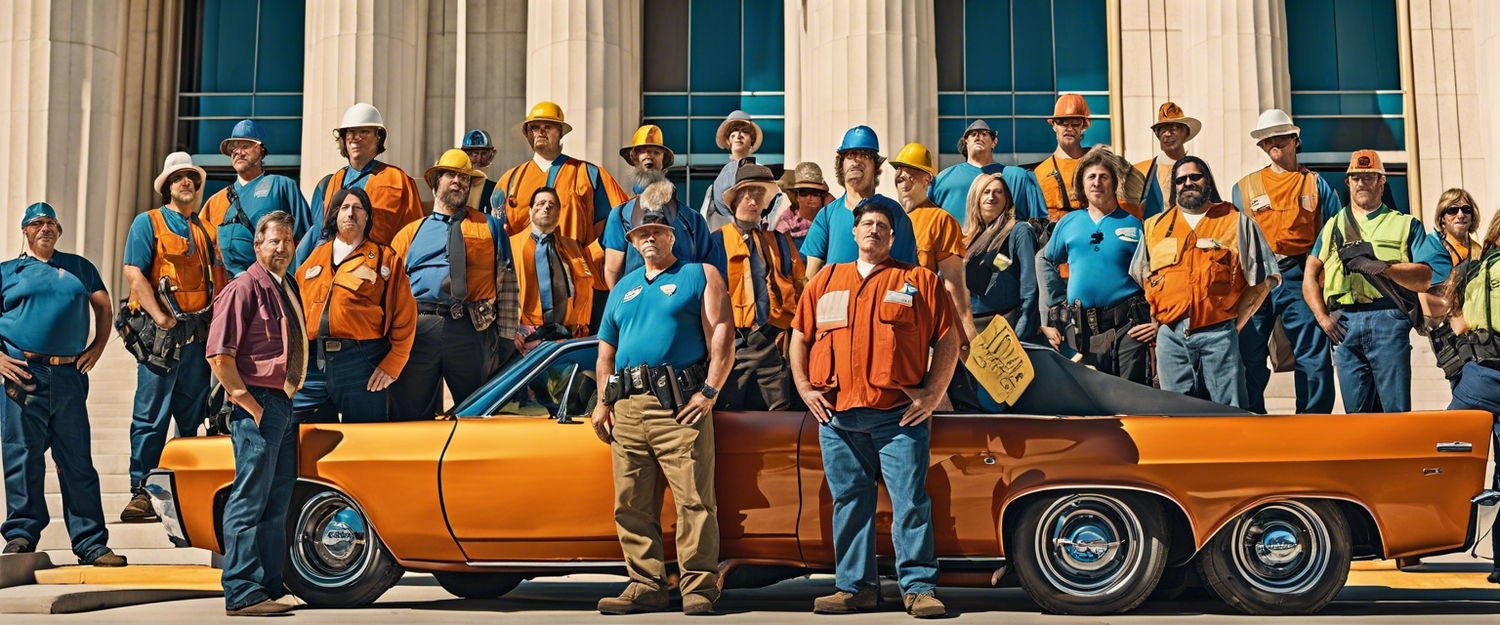California Supreme Court Upholds Proposition 22: What It Means for Gig Workers
In a significant development for gig economy workers, the California Supreme Court has upheld Proposition 22, confirming that drivers for Uber, Lyft, and DoorDash will maintain their status as independent contractors. This unanimous decision marks a crucial victory for ride-hailing and food delivery services that have invested heavily in campaigning for this law to avoid classifying their workers as employees.
Understanding Proposition 22
Passed by voters in 2020, Prop 22 allows certain gig companies to treat their drivers as independent contractors. While it provides some protections such as a minimum wage guarantee of 120% of the local wage per hour, health insurance stipends, and reimbursement for expenses related to driving, critics argue it falls short of the full benefits that employees are entitled to, such as unemployment insurance and paid sick leave.
The Legal Journey of Proposition 22
After its passage, a group of Uber and Lyft drivers challenged Proposition 22, arguing that it violated the state constitution. While a judge ruled it unconstitutional in 2021, an appeals court reinstated it in March 2023. The California Supreme Court’s recent decision, articulated by Justice Goodwin H. Liu, stated that Prop 22 “does not conflict” with the state constitution.
Responses from Major Gig Companies
Following the Supreme Court's decision, major companies like Uber, Lyft, and DoorDash expressed their support. In a public statement, Uber emphasized that since the law’s enactment, it has provided over $1 billion in direct benefits to gig workers, illustrating the positive impact it claims Prop 22 has had on the earnings of millions of drivers and couriers.
Opposition to Proposition 22
However, the ruling has sparked frustration among opponents. Lorena Gonzalez, president of the California Federation of Labor Unions, voiced her discontent with the Supreme Court's decision, accusing tech corporations of circumventing essential labor laws. She emphasized the implications for workers and the public, stating that these companies have disrupted the social contract, placing operational risks onto workers.
The Broader Context of Gig Work Regulations
While California's Supreme Court has upheld Prop 22, other regions such as Massachusetts, Minneapolis, and New York City have made strides in establishing protections for gig workers, albeit while retaining their classification as independent contractors. The evolving landscape of gig work regulations continues to be a critical issue, as the balance between flexibility and worker protections remains a contentious debate.
Conclusion
The court's decision on Proposition 22 signifies a turning point in how gig workers are treated in California, highlighting the ongoing tensions between tech firms and labor rights advocates. As the gig economy expands, the discussions around worker classification and rights will only grow in importance, potentially influencing legislation in other states.
Stay Informed
For more insights into gig economy legislation and its implications for workers, follow our blog or check out related articles on labor rights and gig work trends.



Leave a comment
All comments are moderated before being published.
This site is protected by hCaptcha and the hCaptcha Privacy Policy and Terms of Service apply.